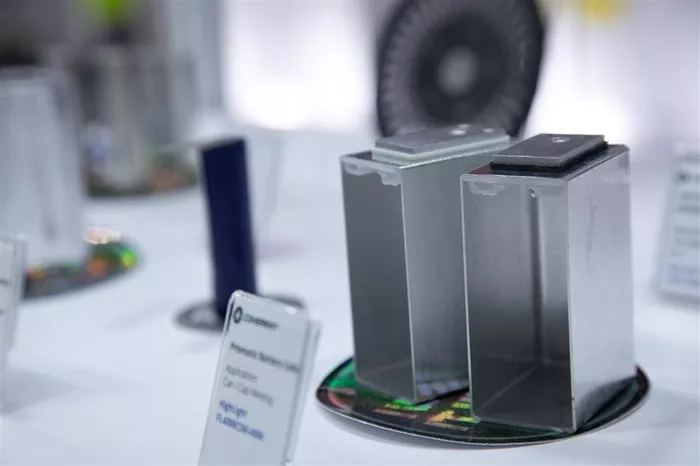South Korean battery and materials companies are intensifying their efforts to develop lithium metal anodes to improve battery performance. While past innovations have focused on increasing nickel content in cathodes, this approach has reached its limits. As a result, there is a growing demand for improvements in anode materials.
Lithium metal anodes offer several advantages over traditional graphite-based anodes. They have a higher energy density, making batteries lighter and enabling faster charging.
On March 5, industry sources revealed that EcoPro will present its plans for lithium metal anodes at InterBattery 2025, an event taking place at COEX in Seoul through March 7. This will be EcoPro’s first official announcement about its lithium metal anode development. The company, through its subsidiary EcoPro Innovation, is working with Canada’s Hydro-Québec to develop the technology. EcoPro also plans to establish a pilot line for lithium sulfide production to support solid-state batteries by 2026.
POSCO Future M is also entering the lithium metal anode market. Through POSCO Holdings’ N.EX.T Hub research institute, the company is expanding its portfolio of products to include lithium metal anodes, aiming to enhance its competitiveness. POSCO is already the only domestic company producing both natural and synthetic graphite anodes.
Lithium metal anodes differ from traditional graphite-based anodes in that they use lithium metal as the current collector. In lithium-ion batteries, lithium ions move between the cathode and anode during charging and discharging, generating electricity. The anode’s ability to store lithium plays a critical role in determining the battery’s energy density.
Lithium metal anodes have the potential to store more lithium than graphite anodes, with a theoretical storage capacity more than ten times greater. This could lead to a 40–50% increase in energy density over conventional lithium-ion batteries, enabling electric vehicles to travel over 900 km on a single charge.
Related topics:
- SK On Develops 46mm Battery, Targets Mass Production & EV Cooling Innovation
- Volklec Takes Major Step Toward UK Battery Production with FEB Deal
- Porsche eBike to Build Battery Production Facility in Croatia

